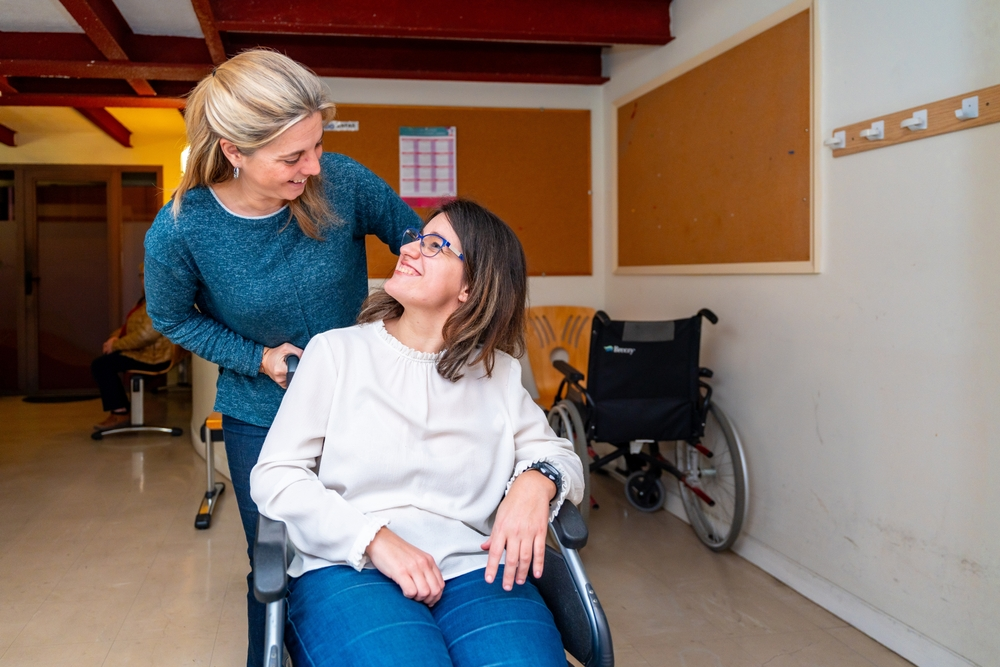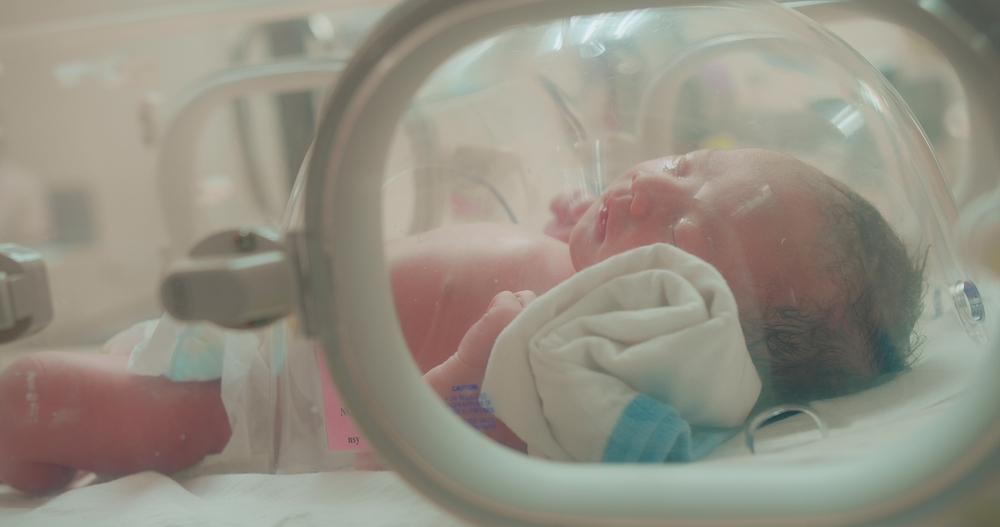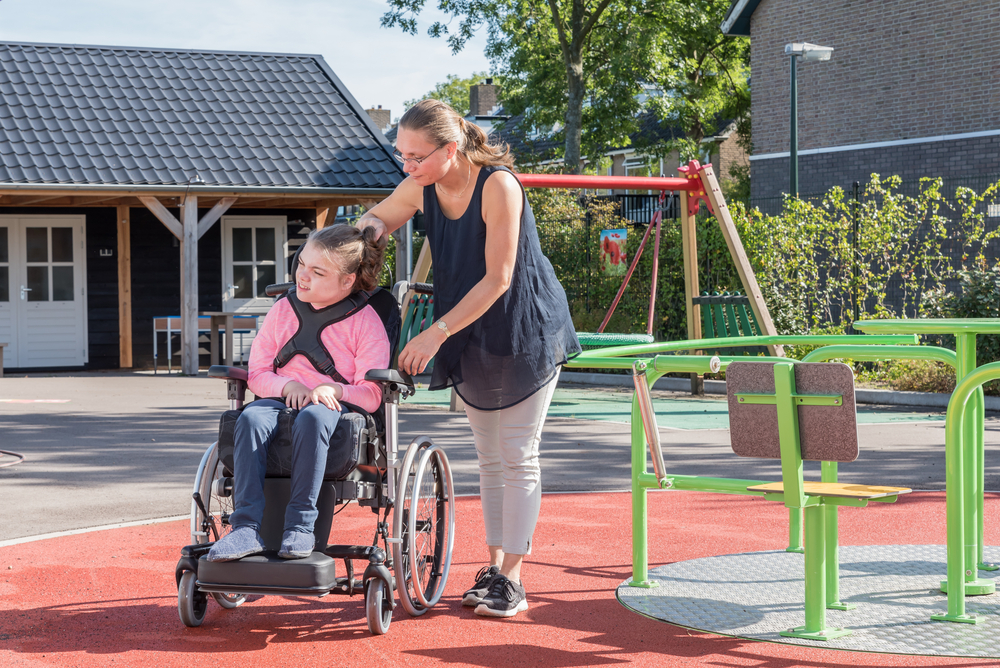
Can a Child with SQCP Lead a Fulfilling Life?
When faced with the challenges of raising a child with Spastic Quadriplegic Cerebral Palsy (SQCP), many parents find themselves grappling with a whirlwind of emotions and questions. One of the most pressing concerns is whether their child can lead a fulfilling life despite their condition. The journey may seem daunting, but with the right support […]




